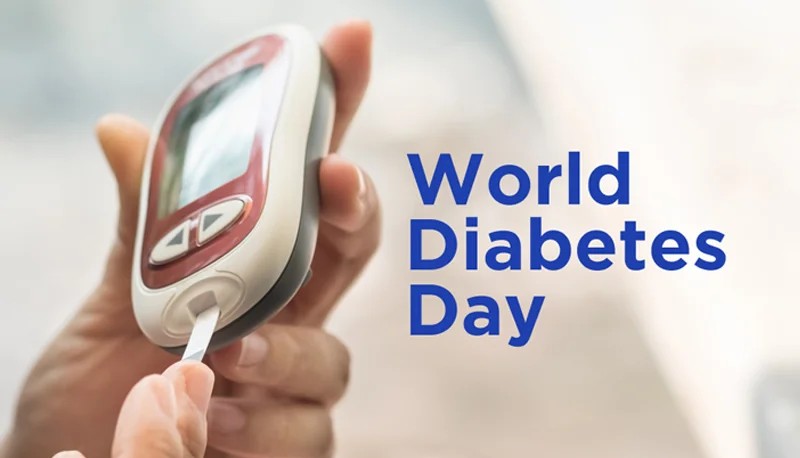On World Diabetes Day 2025, WHO South-East Asia renewed its call for urgent action addressing diabetes across all life stages, emphasizing equitable care from childhood through old age for the region's 279 million affected adults, nearly one-third of the global burden.
The World Health Organization (WHO) South-East Asia Region marked World Diabetes Day on November 14, 2025, by highlighting the escalating diabetes crisis affecting over 279 million adults — nearly a third of the global total. Dr. Catharina Boehme, Officer-in-Charge for WHO South-East Asia, underscored the urgent need for early diagnosis, effective treatment, and better blood glucose control, noting that only one in three adults with diabetes in the region receive treatment.
The theme for 2025, "Diabetes across life stages," calls for tailored, age-appropriate care: from supporting children with type 1 diabetes at home and school to managing gestational diabetes in pregnant women and providing ongoing guidance for older adults.
The region has made progress through initiatives like SEAHEARTS and the Colombo Call for Action, aiming to enhance prevention, expand access to essential medicines, and integrate diabetes care into primary health systems. However, substantial challenges remain, including limited insulin access for children and rising type 2 diabetes prevalence among youth.
Dr. Boehme urged governments, healthcare providers, and communities to intensify collaborative efforts to ensure universal, affordable, and quality diabetes care.
Key Highlights:
Diabetes affects over 279 million adults in WHO South-East Asia, nearly one-third of global cases.
Only one-third of adults with diabetes receive treatment; fewer than 15% maintain good glucose control.
The 2025 theme stresses care across life stages: children, pregnant women, elderly.
Regional initiatives like SEAHEARTS and Colombo Call for Action aim to strengthen healthcare responses.
Urgent need for improved insulin access, early diagnosis, prevention, and integrated care.
WHO calls for collective responsibility to ensure equitable, comprehensive diabetes management.
Sources: ANI, WHO, The Tribune
